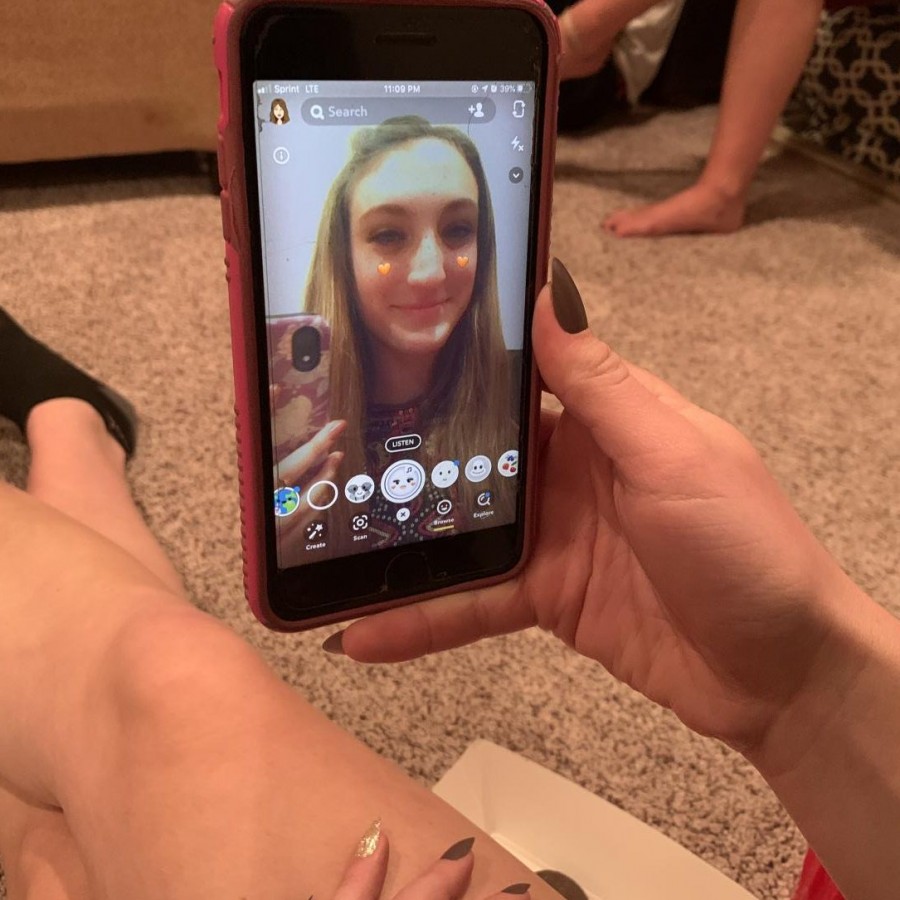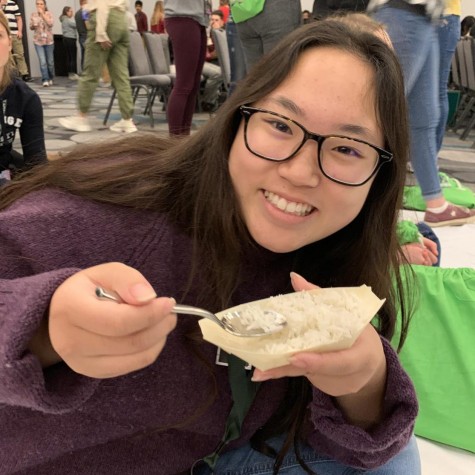When scrolling through social media feeds, it is hard to differentiate the inundation of models and influencers. As the age of social media coincides with rampant globalization, beauty standards have converged to form one unattainable, manipulated look.
The New Yorker remarked, apps such as Facetune, Photoshop and social media filters have resulted in many women on social media flaunting one “cyborgian look.” This face is ethnically ambiguous, borrowing specific influences from a variety of ethnicities to create one utopian appearance — a fresh face of supple skin, full lips, almond eyes, arched brows, high cheekbones and a thin nose.
As young women grow up in the presence of such standards and an unrealistic amount of women who seem to be meeting them, they feel pressured to uphold the same appearances online. In order to meet beauty conventions, many social media users turn to modifiers such as FaceTune.
One anonymous senior admitted to occaisonally using FaceTune to edit photos. “I really only use FaceTune to smooth out acne and such,” she stated. “I always want it to look natural though; since acne is temporary, I don’t really feel guilty about editing it out.”
Other people use editing apps to add character to their photos instead of removing blemishes. Instagram and Snapchat both offer a number of filters to choose from to add effects such as distorting faces, adding hearts and other symbols and brightening eyes.
Junior Emerson Peters remarked on the appeal of using apps to alter photos. “I think it’s really fun to use apps to make your Instagram more appealing or aesthetically pleasing as a whole. I don’t see changing colors and shapes or using filters as bad, but more of as a way to be creative through your posts. Your Instagram should look how you want it to; it’s your creation,” she explained.
It is interesting to note the role that globalization has played in curating a standard definition of beauty across platforms and cultures. Due to the wide availability of social media, as well as its homogenous nature, people from opposite corners of the world are exposed to the same posts. Young women in the United States compare themselves not only to their own peers, but they are also subjected to the same beauty standards for which international supermodels and celebrities strive.
Senior Prakruti Pancholi has noticed that much of the modern prevalent beauty standards are rooted in the United States. “I think it’s interesting how globalization plays a role in determining a global definition of beauty. All of the various beauty and cultural standards converge into one ‘instagrammable’ face which is primarily influenced by Americans,” she observed.
Those that follow models on social media are privy to the trends in modern beauty. “I follow a few models on Instagram, and they all have a similar sort of look. All of the girls have really angular faces, and sometimes it seems like their makeup is done to achieve the same facial features,” said sophomore Vinay Joshi.
Many of the students at Pleasant Valley have felt the societal pressure that stems from social media use. In fact, a few individuals have even tried to completely remove social media from their daily routines in an effort to regain their clarity and improve their self-esteem. It can be hard for an emerging young individual — one already subjected to the complications inherent in adolescence — to log on to a site only to feel inferior on a larger scale.
The face of social media will continue to evolve as cultural tendencies shift, and editing features and apps will persist in playing a large role behind the scenes of several of the billions of social media posts uploaded. As young people mature in the age of social media, it is vital that they acknowledge the discrepancy between reality and what seems so much like it — but is instead simply a glossy product of filters, edits and perfectly poised shots.










Pamela White • Mar 12, 2020 at 1:14 pm
It’s all true! I feel like if we want to use filters on our pages we should it shows who we are and what we like. Our way at viewing models has always been the same throughout the years but it shouldn’t matter what they look like. All that matters if we are comfortable in our own skin and not care what other people think.